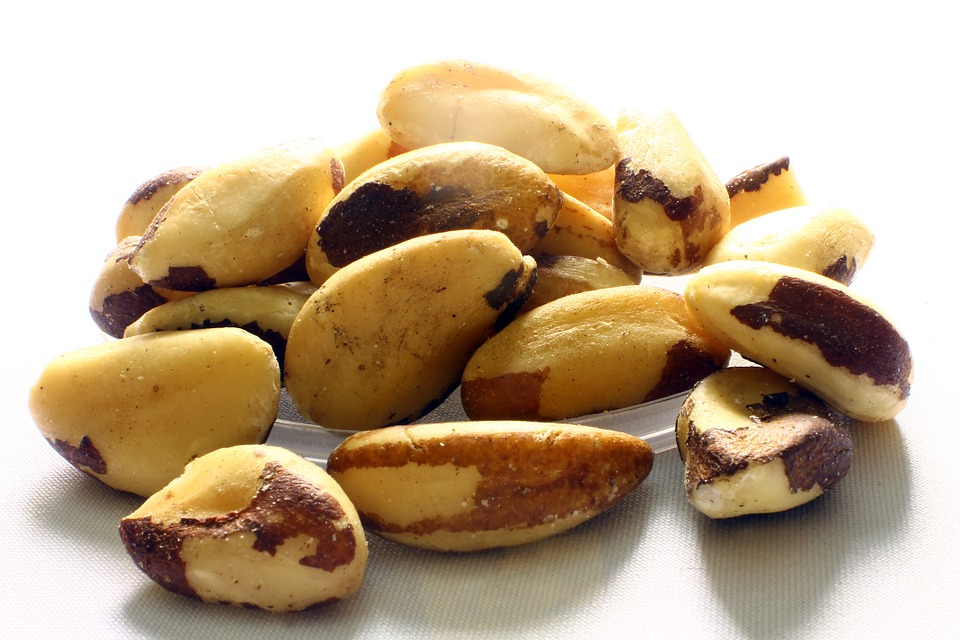Lower Selenium Levels Lead To Higher Cancer Risk
By Mae Chan
Levels of selenium, a mineral essential for good health, are so low in soil that it’s affecting the food chain, diets and, ultimately, the risk of disease. Low selenium levels may lead to a higher risk of cancer, a study has concluded.
Essential trace mineral Selenium (Se), has been noted to possess cancer-protective effects. The variation in human dietary intake is reflected in the global variation in blood Se levels, observed in Europe.
The richest food sources of selenium are Brazil nuts, kidney, liver and fish, but the foods that make the largest contribution to our selenium intake — because we eat proportionately more of them — are cereals, bread, meat and poultry.
Although soils have been relatively low in selenium since the last ice age, levels are being further depleted by intensive modern farming methods and the use of chemical fertilisers.
Widget not in any sidebars
The nested case control (NCC) study, performed by the Danish Cancer Society Research Center, identified 784 cases with incident prostate cancer in 2007 from the ‘Diet, Cancer and Health’ cohort that consisted of 27,179 men.
When compared to a subset of controls, two-thirds (525) of the cases had the advanced from of the disease at the time of diagnosis, and among these 170 had the higher-grade form of cancer. 305 cases died (212 from prostate cancer) during follow-up through 2012.
The team concluded that levels of plasma Se were not associated with the risk of total and advanced prostate cancer, but higher levels of this biomarker was associated with a lower risk of the higher grade disease.
Clash of Se studies
Prostate cancer is the most common cancer in Europe for males, and the third most common cancer overall.
Evidence from previous studies has proved conflicting. The Selenium and Vitamin E Cancer Prevention Trial found no effect of 200 micrograms of Se supplementation per day on the incidence of prostate cancer in a high-Se population.
In contrast a post hoc analysis revealed that Se supplementation increased the risk of high-grade prostate cancer in men with the highest baseline Se levels.
“For high-grade prostate cancer, statistically significant lower risks were seen with higher plasma levels of Se,” the researchers noted.
Catch the 9-Part Cancer Docu Series Playing Now
“Among prostate cancer patients, there seemed to be a slightly lower risk of overall death associated with higher pre-diagnostic plasma Se levels.”
The study’s results were consistent with the range of plasma Se reported from other European populations but lower than in studies conducted in US populations.
In addition, a strong correlation between plasma Se and selenoprotein P was observed indicating that both Se measures were relevant as markers of Se exposure in a low-Se population.
“Our finding of a strong correlation is consistent with findings in other European populations in which correlations between 0.60 and 0.88 were reported,” the study noted.
Image: Pixabay
Sources:
dtu.dk
This post appeared first at Prevent Disease – Like on Facebook
Editor’s note: I just order these Brazil nuts before seeing this article! I’m going to eat 3 or 4 per day.



